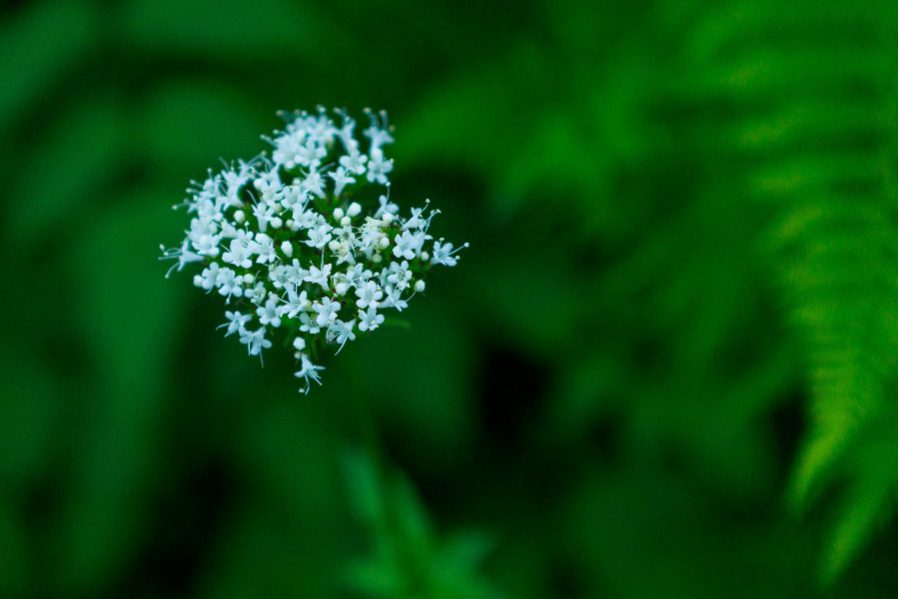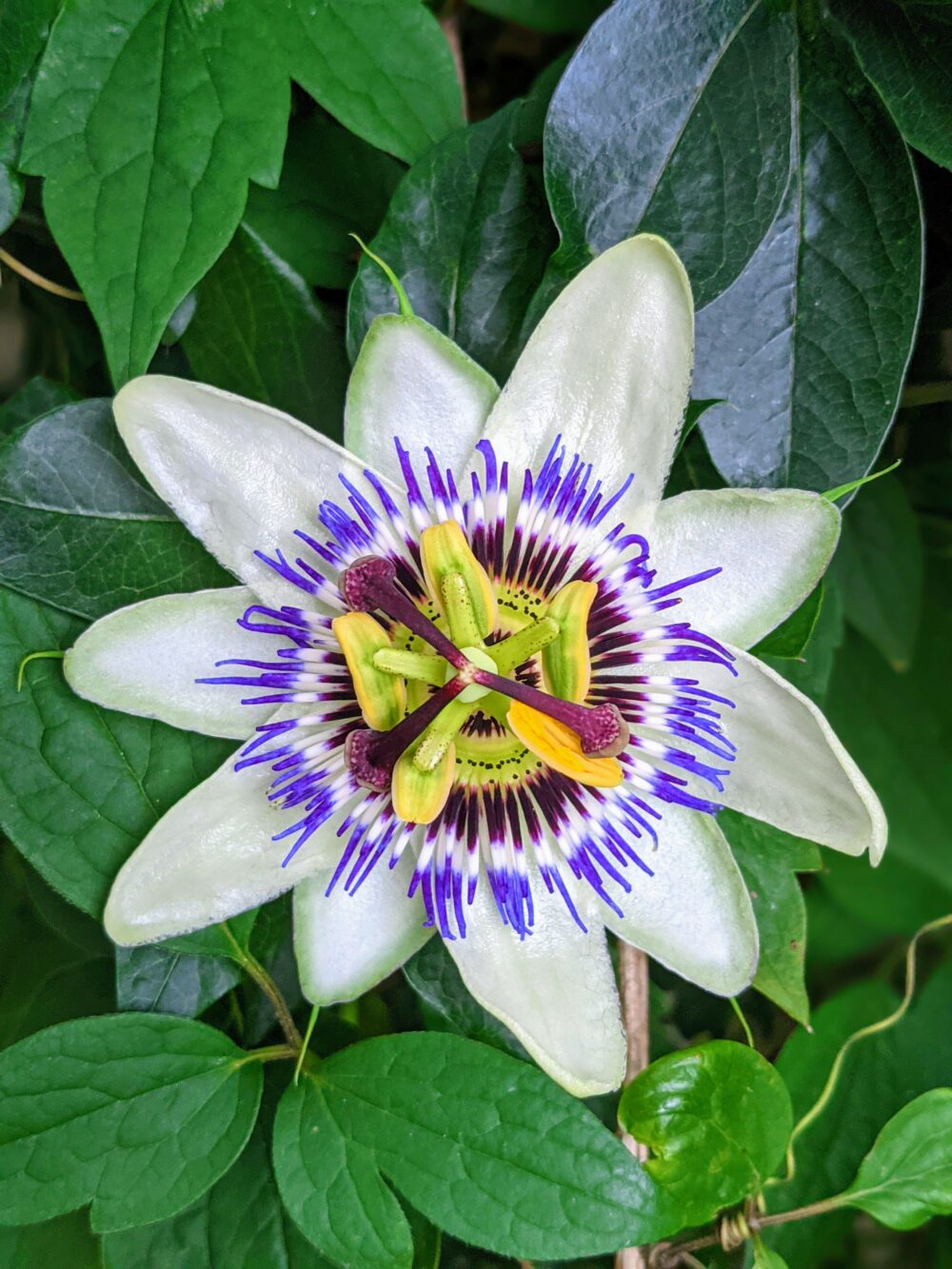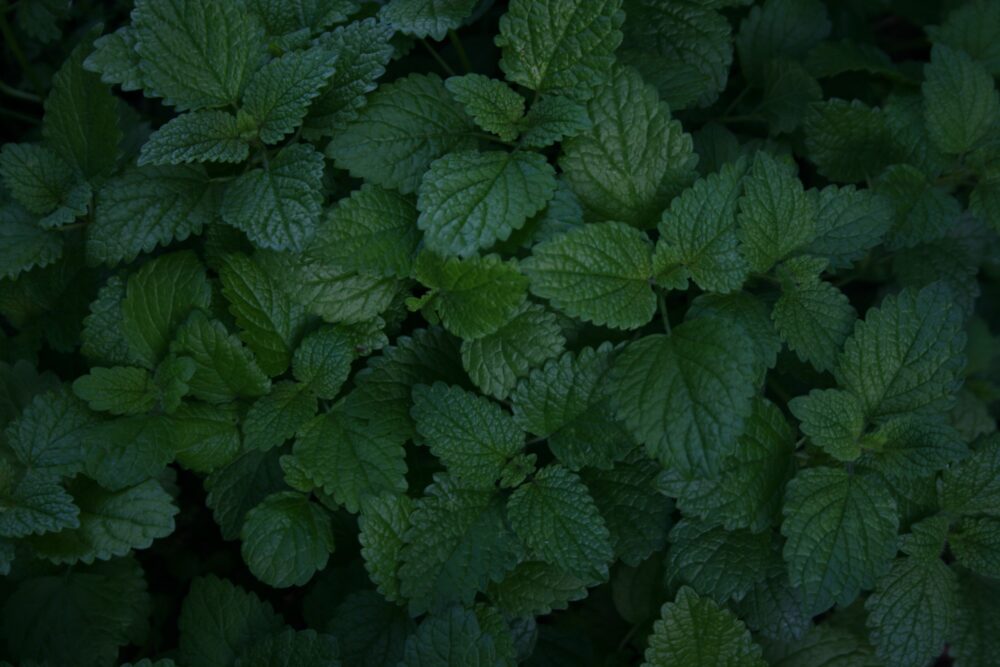Natural Sleep Remedies from Around the World
10 min read
Last Modified 1 April 2022 First Added 26 March 2019
As with many aspects of health and well-being, if you travel around the world then you’ll notice that methods and beliefs vary wildly, especially when it comes to natural sleep remedies. If you’re wondering “what can I do to help me sleep?”, wonder no longer, as we’ve scoured the globe for all the herbs and natural aids that are believed to help us get a better night’s sleep.
*Medicinal Note: It’s advised to speak with your GP before adding herbs for sleep supplements to your diet or lifestyle, especially if pregnant or on a course of medication.

Lavender is probably one of the most popular sleep remedies as it’s known for its calming effect in aromatherapy – the use of essential oils to improve body and mind health. A 2005 study in The Journal of Biological and Medical Rhythm Research found lavender helped participants enter deep sleep, with all participants reporting a morning energy boost. Placing some in your bedroom, or making a sleep sachet, may well help you nod off at night.

Valerian is a flowering plant native to many parts of the world including Europe, Asia and the Americas. Several studies have shown that components of valerian inhibit the breakdown of gamma-aminobutyric acid in the brain and induce sedation and a decrease in central nervous system activity in mice. The root is a useful part of the plant, it is approved in Germany by their herb regulatory agency and is readily available in supplements. Incidentally, the dried root smells like dirty socks! But don’t let this put you off, it’s one of the most popular sleep remedies around.
China’s jujube is a small tree bearing sleep remedying oval fruit, which, when dried, look like dates. These fruits are most effective in their dried form, although some believe that it is the seeds that can help promote better sleep. Jujube contains two critical phytochemicals, saponins and flavonoids, which can trigger changes in neurotransmitters, helping to quieten brain activity. See this study for a more detailed explanation of the biochemistry involved. The sweet smell produced from the tree is also said to make teenagers fall in love!
Native to countries such as Croatia and Serbia, chamomile is another very popular sleep remedy, particularly when made into tea. It acts as a sedative and has become common in many countries around the world. Chamomile is a rich source of apigenin, a known antioxidant that can aid insomnia. In a meta-review of 12 studies, Hieu et al. concluded that chamomile significantly improved sleep quality. You can buy chamomile tea from supermarkets or make your own using the plant’s flowers. You can also add milk, honey and lemon to add to the taste.

Passion Flower leaves and roots have been used in medicine since Native Americans first used them as a treatment for insomnia. Famous for its anti-anxiety and anxiolytic qualities, this sleep remedy is said to inhibit the release of GABA, a neurotransmitter chemical found in the brain, promoting relaxation. A study in the Journal of Sleep Science involving rats found that the passion flower (passiflora incarnata in Latin) significantly increased deep and REM sleep. You can consume this sleep remedy in many forms including tablets, and oils and you can even turn it into tea.

Despite the name, lemon balm is part of the mint family. Its taste is halfway between mint and lemon. Lemon balm is readily available to buy in tea form; however, you can simply add hot water to its leaves for a similar effect. Regarding its potential as a sleep remedy, in a 2011 pilot study, lemon balm reduced anxiety manifestations by 18%, ameliorated anxiety-associated symptoms by 15% and lowered insomnia by 42%. Moreover, a combination of valerian and lemon balm was found to be effective in the treatment of dyssomnia in children following a 2006 study in the Journal of Phytomedicine.
A common ingredient in Chinese herbal medicine, magnolia bark has been used to remedy sleep for centuries. The two main compounds used in dietary supplements from magnolia bark are magnolol and honokiol enhance the effect of GABA at the GABAA receptor, resulting in sedative effects. Studies in the Journal of Neuropharmacology found magnolol decreased sleep latency and increased non-rapid eye movement sleep and rapid eye movement sleep too.
One of the most common natural sleep remedies, especially for children, the lime flower is known for its relaxing properties. Used widely in a number of herbal teas for sleep, one of the active ingredients in lime flowers is farnesol, a sedative that helps as an anti-spasmodic, relieves tension and lowers blood pressure which in turn helps to curb stress. It’s been used as a sleep remedy for centuries to help limit the amount of nightmares children experience and was also used in World War 2 to help calm soldiers.
Often mixed with milk and honey, ashwagandha has a long history of use for remedying sleep. With the first recorded use around 6000 years ago, ashwagandha is considered a “Rasayana”, one of the eight branches of medicine in Sanskrit literature. Recent studies, however, have proved ashwagandha’s efficacy in helping remedy sleep. One study found a 72% increase in self-reported sleep quality with a separate study highlighting its benefits to sleep latency. Moreover, studies note that the active ingredient triethylene glycol found in Ashwagandha is a major component in inducing non-rapid eye movement sleep with a slight change in rapid eye movement sleep.
Oatstraw is the term given to the stem of the oat plant. It’s harvested before common oats and has several uses – especially for sleep remedies. It contains several vitamins which promote good health but it’s most widely used to relieve anxiety and stress. Infusing oatstraw into a hot drink or even a bath before bed can boost your relaxation and help counteract sleeplessness.
Nearly all-natural sleep remedies have properties that help you sleep better. These range from vitamins and amino acids which help boost serotonin (a mood stabilising hormone) and dopamine (a pleasure hormone) whilst controlling cortisol (a stress-related hormone). Others are more about the psychology of sleep and helping indicate to your brain that it’s time to wind down. There are also plenty of naturally forming chemicals that help reduce brain activity and help you get a good night’s rest. Check out our list below for some of the most important biochemicals for sleep.
Magnesium is an essential mineral for sleep remedy present in many foods including dark chocolate and avocados. It is used in over 600 cell reactions. Magnesium has long been accepted as helpful for those who suffer from insomnia. Magnesium aids the parasympathetic nervous responsible for “rest and digest” helping you become calm and relaxed. Magnesium also binds to GABA receptors responsible for reducing nerve activity. In human studies, magnesium was also found to improve sleep quality as the participants were found to have higher levels of renin and melatonin, two hormones that regulate sleep.
Melatonin is a naturally forming hormone in the body. It responds to darkness and is the chemical your body uses to send you to a state of sleep. It’s a bio-time regulator and helps your body achieve a strong sleep-wake cycle and circadian rhythms. Higher melatonin levels help you get to sleep faster and are therefore considered one of the key aids for sleep. Studies have found that melatonin supplements helped people who struggle to sleep at conventional times and also a pool of studies have also found it helps reset sleep cycles after jet lag. To increase your melatonin levels through diet, try to eat more tomatoes, rice and ginger.
Commonly found in plant and fungal species, l-theanine is an amino acid with known qualities for remedying sleep. It’s commonly found in green and black tea, as well as several mushrooms. It helps balance serotonin, dopamine and cortisol making it a great natural chemical for sleep. L-theanine promotes relaxation without drowsiness. Unlike conventional sleep inducers, l-theanine is not a sedative but promotes good quality of sleep through anxiolysis. A study of Japanese students found that 200 mg of L-theanine led to increased brain relaxation-related alpha-waves and a subjective sense of relaxation, along with decreased stress-related beta-waves. A separate study found that the same L-theanine dose made participants fall asleep faster and with fewer sleep disturbances.
This amino acid is not formed in the body and it’s therefore imperative to include it in your diet. The good news is there are plenty of foods that contain tryptophan, including salmon, poultry, eggs, spinach and milk that can act as a sleep remedy. Put simply, tryptophan helps the production of serotonin, which is used by your body to create melatonin which in turn, helps you get to sleep. Tryptophan decreases the time taken to fall asleep in those with mild insomnia and those with long sleep latency. Despite the body not producing this chemical, it is found in nature and is therefore considered one of the most effective natural sleep remedies.
While the most popular natural aids are definitely amino acids, herbs for sleep and other naturally formed chemicals, there are plenty of cultures and demographics that use alternative methods. Take a look at our mini-selection below:
In China, if a child is struggling to sleep, their parents will write a poem, which is then tied to a lamppost. They believe that every person who reads the poem transmits a prayer up to God to help the child sleep. This is an age-old Chinese sleep remedy custom.
Most children in Guatemala own a ‘worry doll’. They tell the doll all their worries before they go to bed and place it under their pillow. By morning, the doll has taken away their worries. Obviously, there’s no scientific background to this, but it may well have a psychological effect as it helps children feel more relaxed before bedtime.
Having a glass of warm milk before bed is a common sleep remedy routine around the world. It’s particularly popular in African countries such as Rwanda. In these countries, milk is a staple for all diets as other resources are limited. Milk contains tryptophan, which can cause drowsiness, but some believe that it’s mostly the psychological effect that helps calm you before bed. Either way, it’s a great way to help induce sleep.
The most important natural sleep remedies are those that help your body balance hormones. Consider herbs and foods which increase levels of serotonin and melatonin. If they also help regulate cortisol too, even better. Look out for herbal teas with chamomile and valerian as well as foods that are high in magnesium and tryptophan. For something a little more out there, consider alternative methods for sleep like the Guatemalan tradition of eradicating worries via conversation before bed.